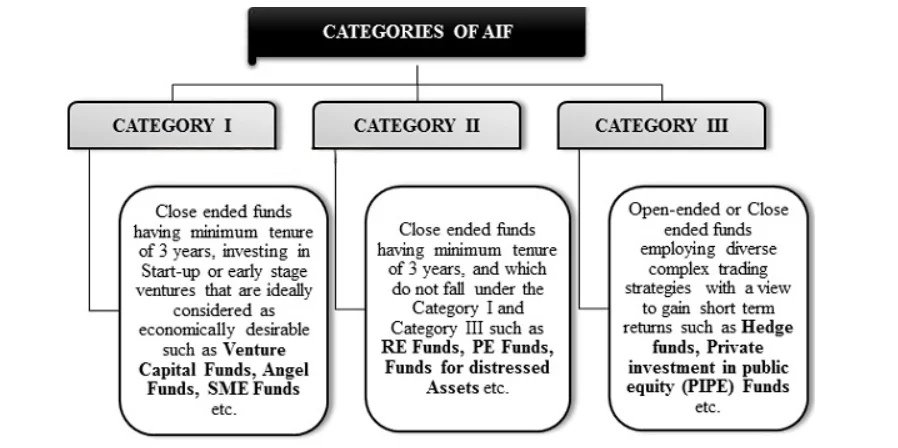Rapid Fire
RBI Tightens Investment Norms in AIFs
- 01 Aug 2025
- 2 min read
The Reserve Bank of India (RBI) has new norms to limit investment by regulated entities (REs) in Alternative Investment Fund (AIF) schemes to prevent evergreening, reduce concentration risk, and improve financial risk management.
- Investment Cap: Total investment by all REs in an AIF scheme is restricted to 20% of the corpus. No RE can invest more than 10% of an AIF scheme's corpus.
- If a RE invests over 5% in an AIF that has downstream exposure to its own debtor (excluding equity), then it must set aside the total loan amount of that investment as a safety net.
- Regulated Entities Covered: Commercial banks, Regional Rural Banks (RRBs), urban and co-operative banks, all-India financial institutions, and Non-Banking Financial Companies (NBFCs), including housing finance companies.
- Alignment with SEBI: The new rules bring RBI norms in line with Securities and Exchange Board of India (SEBI) standards on due diligence and investment practices.
- Alternative Investment Fund: An AIF is a privately pooled investment vehicle in India that collects funds from sophisticated Indian or foreign investors to invest as per a defined policy for their benefit.
- AIFs exclude funds regulated under SEBI’s Mutual Fund or Collective Investment Schemes rules 1999.
- Exemptions also apply to family trusts, employee welfare/gratuity trusts, and holding companies under the Companies Act, 1956.
- AIFs exclude funds regulated under SEBI’s Mutual Fund or Collective Investment Schemes rules 1999.
- Categories of AIF:
| Read more: Ubharte Sitaare Alternative Investment Fund |







